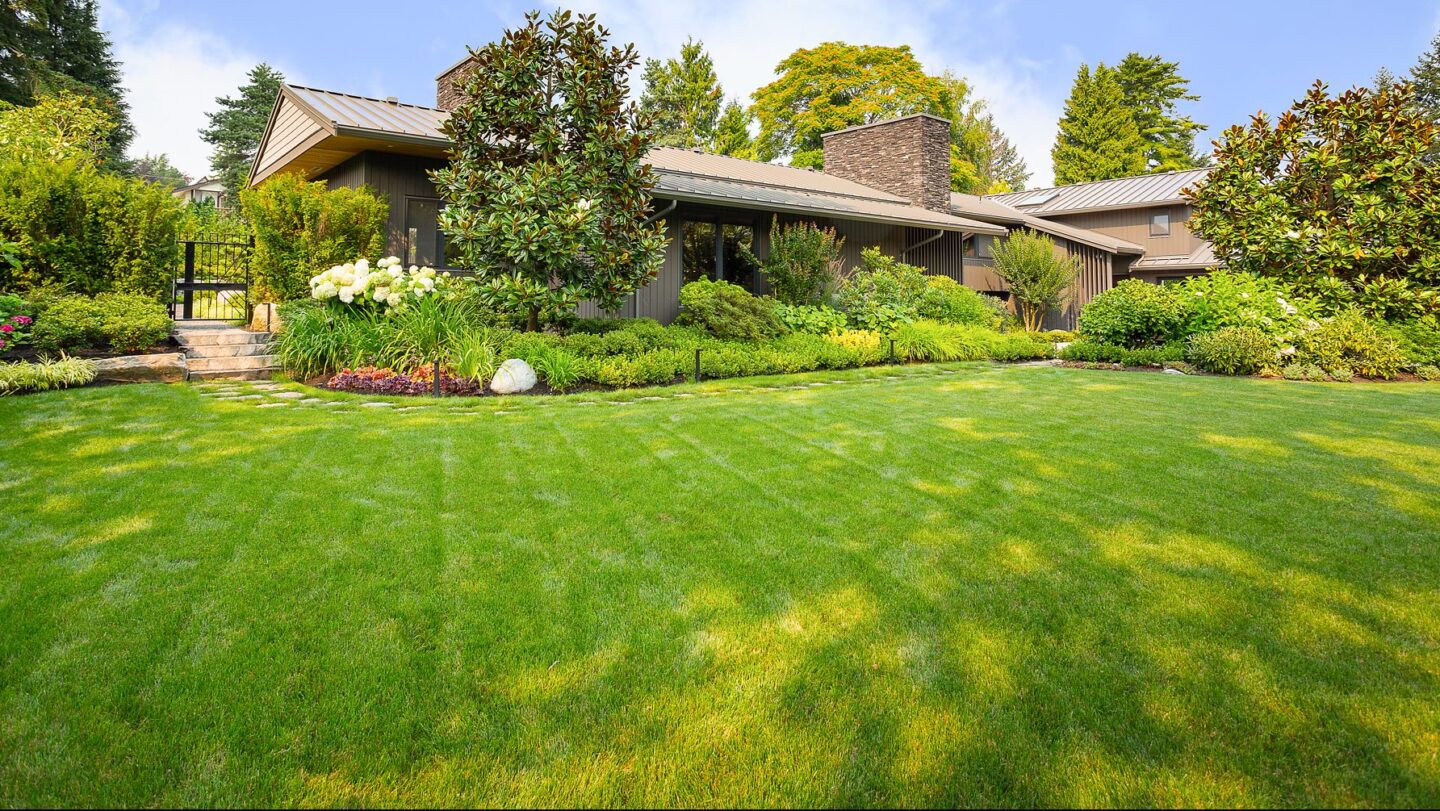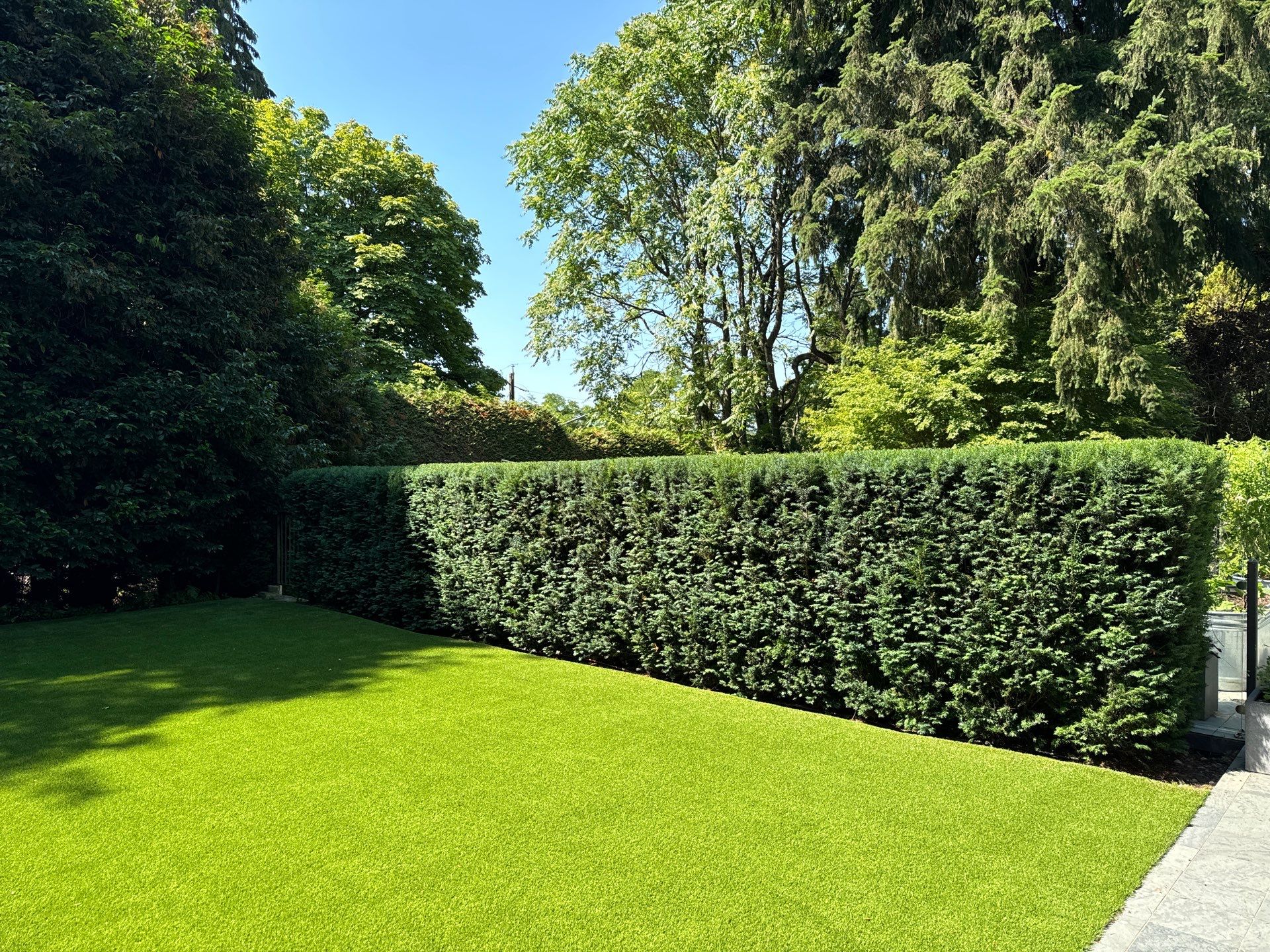In the world of gardening and sustainable living, there’s a simple yet transformative practice that turns kitchen scraps and yard waste into a nutrient-rich elixir for your soil – composting. Not only does it contribute to healthier plants, but it also reduces the volume of trash heading to landfills. In this blog post, we’ll explore the art of composting, the benefits it brings, and why autumn is the perfect season to start your compost pile.
The Magic of Composting: Transforming Waste into Gold
Composting is a natural recycling process that decomposes organic material into a nutrient-rich soil conditioner. It’s like turning your kitchen and garden waste into gold for your plants. By creating the right conditions, microorganisms break down organic matter, resulting in a dark, crumbly substance known as compost. This “black gold” is a valuable amendment that enhances soil structure, improves water retention, and provides essential nutrients for plant growth.
Odor-Free Composting: The Key to Success
One common misconception about composting is the fear of unpleasant odors. However, a well-built compost pile should not emit foul smells. Proper aeration, the right balance of green and brown materials, and regular turning ensure that the composting process remains odor-free. With the right technique, composting becomes a harmonious and beneficial addition to your gardening routine.
Quick Turnaround: From Pile to Garden Bed in 12-15 Weeks
One of the remarkable aspects of composting is its efficiency. A well-managed compost pile can transform into usable compost in as little as 12-15 weeks. Starting your compost pile in autumn sets the stage for a nutrient-rich soil amendment just in time for the gardening season. As you collect grass clippings, fallen leaves, and cut-down annuals and vegetables, you’re laying the foundation for a thriving garden come spring.
Autumn: The Perfect Season to Start Composting
Autumn provides an abundance of organic material, making it an ideal time to kickstart your composting journey. Gather fallen leaves, spent plants, and grass clippings that accumulate as you prepare your garden for winter. The cooler temperatures of fall create an optimal environment for composting microorganisms to thrive, setting the stage for a successful and efficient composting process.
Building Your Compost Pile: A Simple Guide
Creating a compost pile is straightforward. Layer green materials (nitrogen-rich) such as kitchen scraps and fresh plant material with brown materials (carbon-rich) like dry leaves or straw. Turn the pile regularly to ensure proper aeration and speed up decomposition. With patience and attention to the balance of ingredients, you’ll soon have a nutrient-rich compost ready to enrich your garden.
Composting is not just a sustainable practice; it’s a gift to your garden and the environment. By turning kitchen and yard waste into nutrient-rich compost, you contribute to healthier plants, reduce landfill waste, and embrace a more sustainable lifestyle. Starting a compost pile in autumn is a perfect way to take advantage of seasonal abundance and prepare for a bountiful garden in the months to come. So, roll up your sleeves, gather those leaves, and embark on the journey of turning waste into gold with the art of composting. Your garden – and the planet – will thank you.




 Contact Us
Contact Us